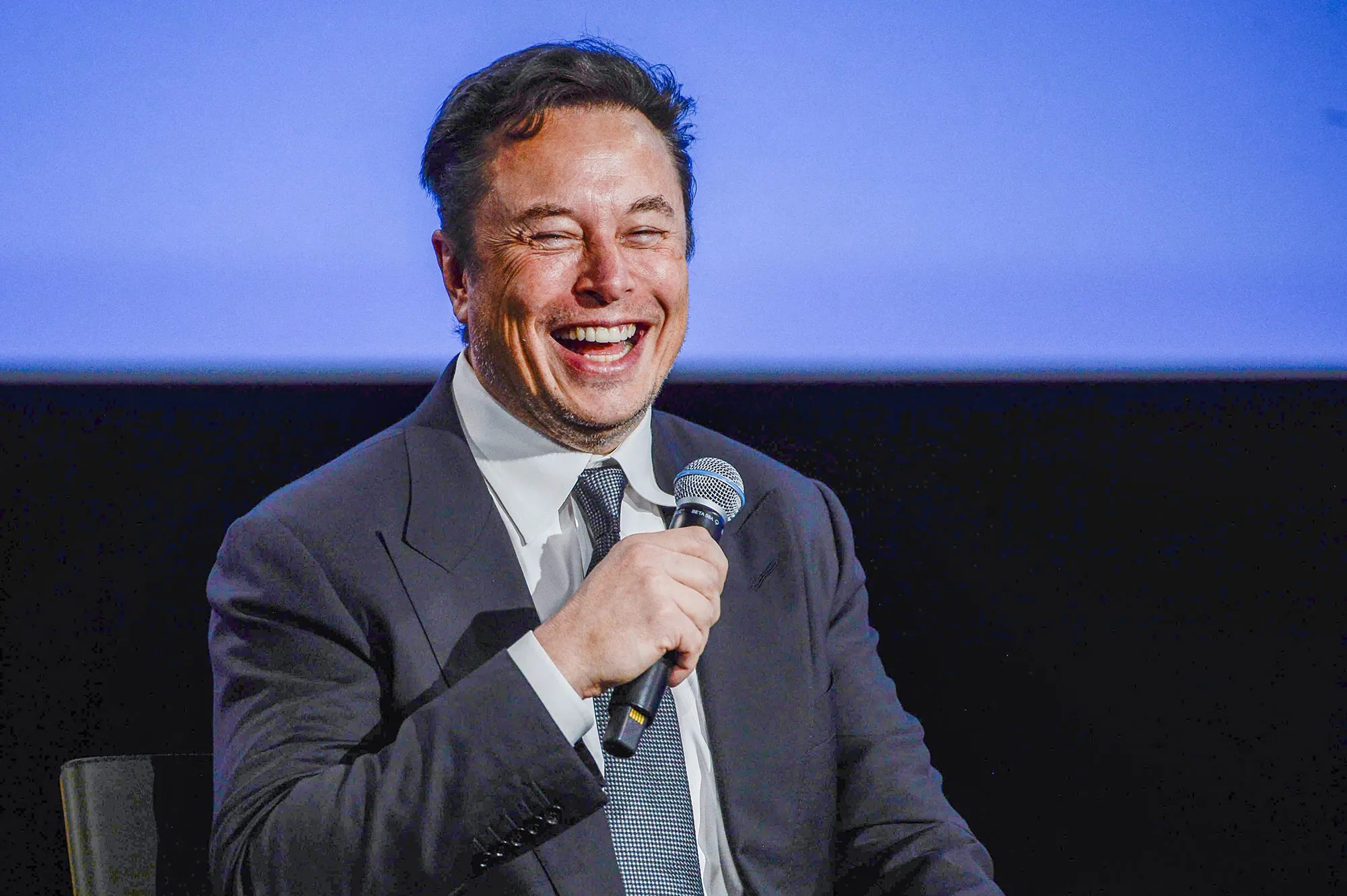X (Twitter) could lose up to $75 million in revenue due to Musk's remarks about Jews and loss of advertisers

The New York Times has obtained internal documents from social network X (formerly Twitter) that come from X's sales department and are designed to track the impact of this month's ad losses.
Here's What It Costs
As it turns out, the social network could lose as much as $75 million in revenue by the end of the year due to the loss of advertisers.
The ad freeze occurs in the last three months of the year, which is traditionally the most successful quarter for social networks. During Black Friday, Cyber Monday, Christmas and New Year's holidays, companies increase ad spending, and social networks make good money on it. But not X.
According to the documents, more than 100 brands suspended social media advertising completely after 15 November, and dozens of companies may follow suit. That's when Media Matters for America published a report claiming that a number of companies' ads on X, including Apple, IBM, Oracle and others, were being shown alongside posts containing far-right conspiracy theories and anti-Semitic content. And Elon Musk was caught up in a major scandal after endorsing a user's post that Jewish communities espouse "dialectical hatred of whites".
Political campaigns, technology corporations, various brands and fast food chains are among those who have refused to advertise on the social network. For example, Airbnb, Coca-Cola, Microsoft, IBM, Apple, Disney, Amazon - to name a few.
Airbnb, for example, has stopped over $1 million worth of advertising, and Uber has cut over $800,000 worth of advertising, stopping campaigns in the US and other markets. X estimates that Netflix's suspended ads cost nearly $3 million. Various Microsoft subsidiaries also stopped advertising, which the documents said would result in a potential loss of more than $4 million in X's fourth-quarter revenue, as did Amazon's book and music sales units and one Google subsidiary. The search giant and some other brands that have suspended spending, including NBC Universal, continue to publish content on the platform without paying X to ensure it reaches a wide audience.
Source: The New York Times